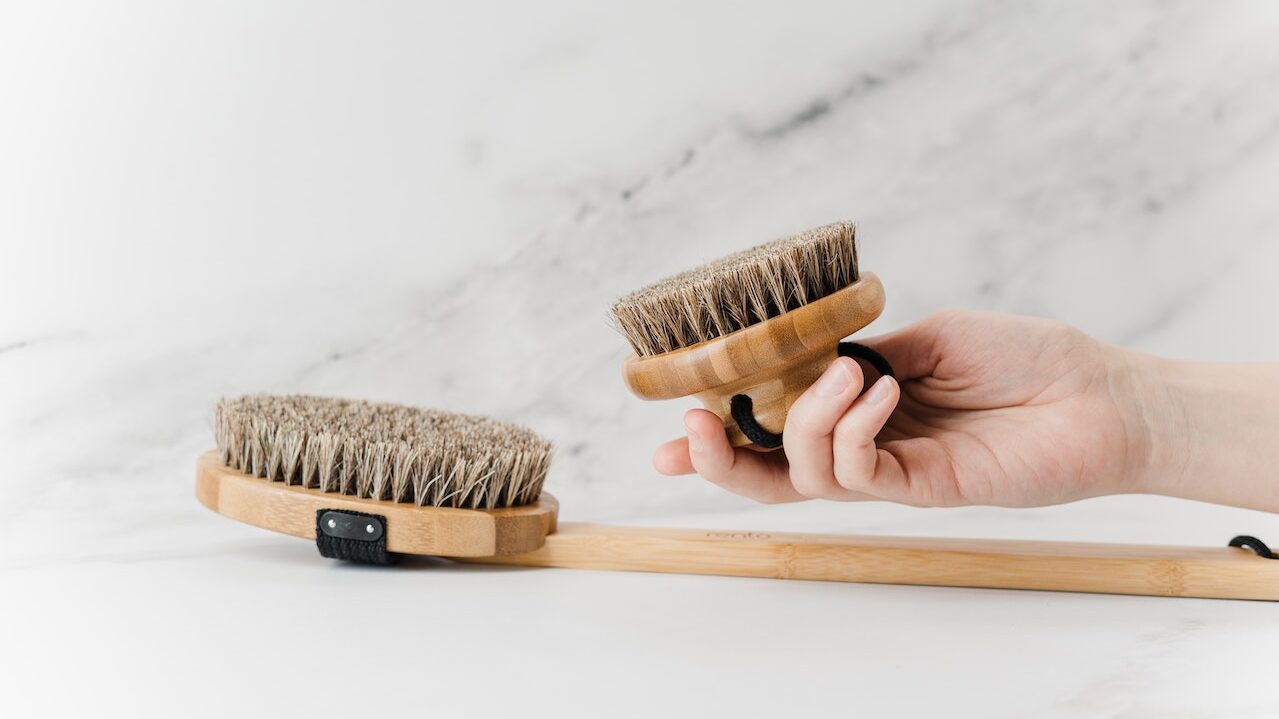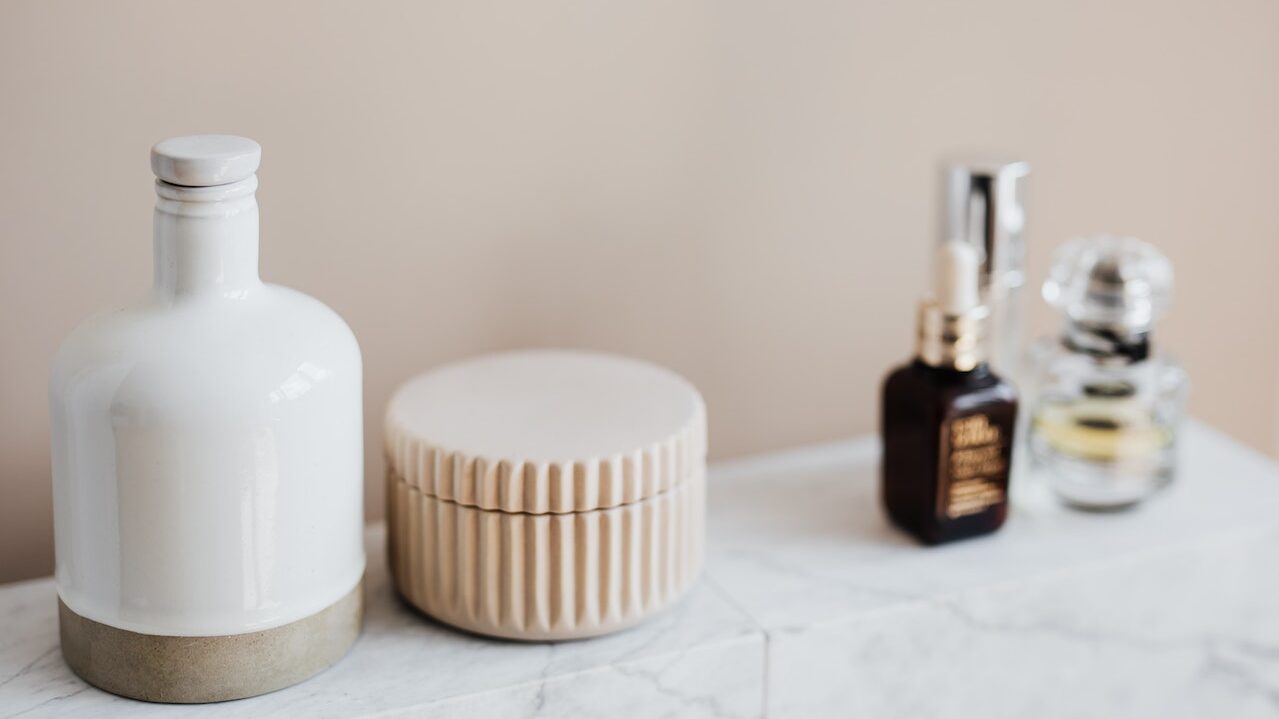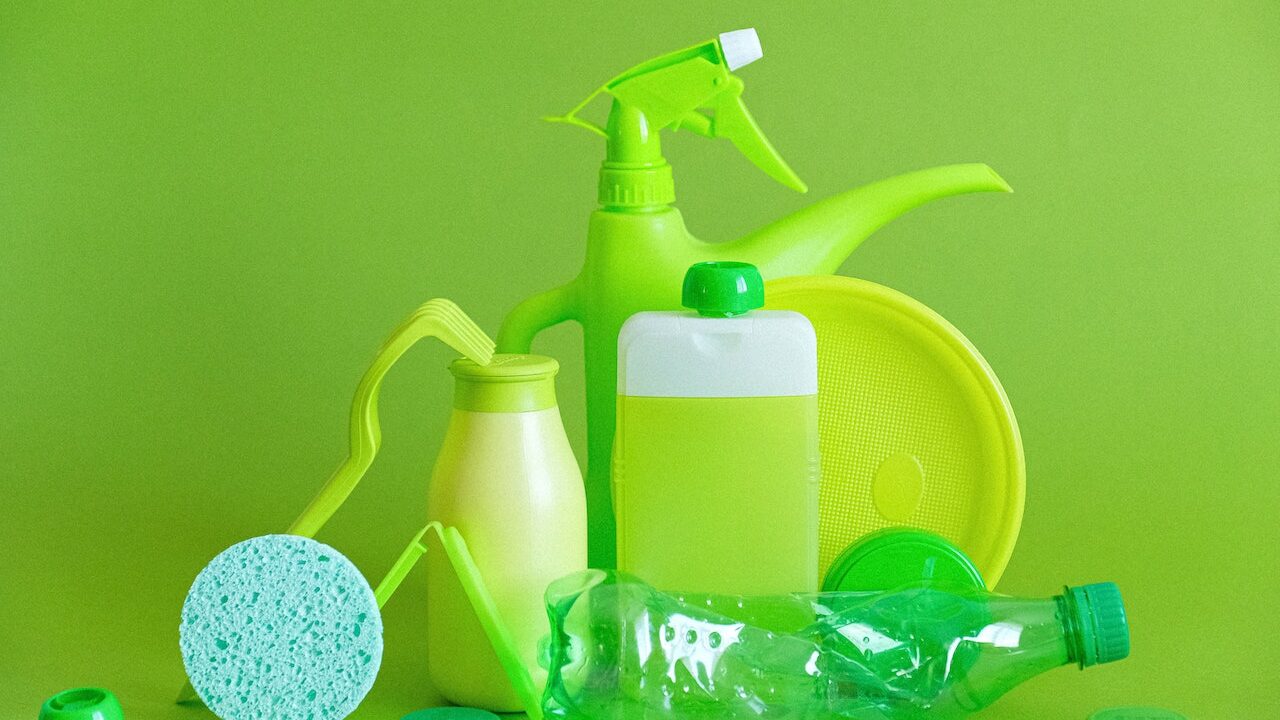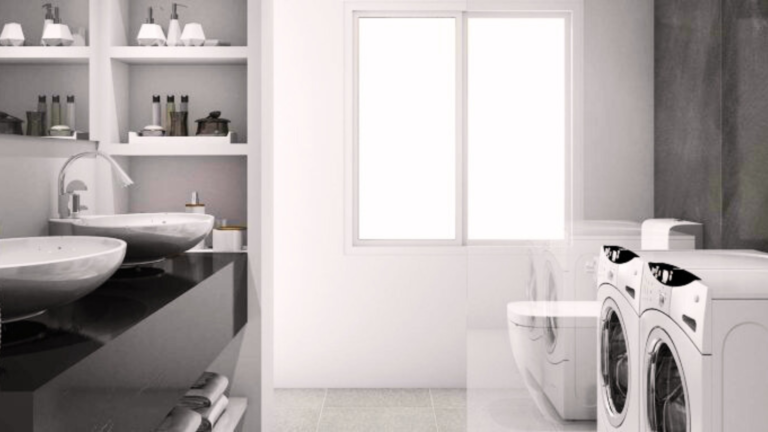Introduction:
Zero Waste Cleaning is a necessary part of our daily routine, but it can also produce a lot of waste, including harsh chemicals and plastic bottles. However, you can switch to zero-waste cleaning and have a spotless home without endangering the environment with a little work and imagination. This article will provide 5 easy, inexpensive, and efficient zero-waste cleaning recipes. here a re 6 Zero waste cleaning recipes for a sparkling home.
Headings:
- The Benefits of Zero-Waste Cleaning
- All-Purpose Cleaner Recipe
- Glass and Window Cleaner Recipe
- Carpet Freshener Recipe
- Toilet Bowl Cleaner Recipe
- Floor Cleaner Recipe
The Benefits of Zero-Waste Cleaning:
There are several advantages to switching to zero-waste cleaning for the environment and your health. Utilizing natural ingredients and minimizing waste allows you to:
- Reduce your carbon footprint
- Avoid harmful chemicals
- Save money on cleaning products
- Create a healthier home environment
- Support sustainable living

All-Purpose Cleaner Recipe:
The best cleaner for cleaning appliances, sinks, and counters is this all-purpose cleaner. It simply requires a few ingredients and is simple to prepare.
Ingredients:
- 1 cup distilled water
- 1 cup white vinegar
- 10-20 drops of essential oil (lemon, lavender, or peppermint)
Instructions:
- Mix the water and vinegar in a spray bottle.
- Add your favorite essential oil and shake well.
- Spray on surfaces and wipe with a cloth.

Glass and Window Cleaner Recipe:
Without using any harsh chemicals, this recipe will leave your windows and mirrors clean and streak-free.
Ingredients:
- 1 cup distilled water
- 1 cup white vinegar
- 1 tablespoon cornstarch
- 10-20 drops of essential oil (optional)
Instructions:
- Mix the water and vinegar in a spray bottle.
- Add cornstarch and essential oil (if using) and shake well.
- Spray on glass surfaces and wipe with a cloth.

Carpet Freshener Recipe:
Your carpets and rugs will smell fresh thanks to this formula, which uses no harsh chemicals. Pet owners will also find it to be ideal.
Ingredients:
- 1 cup baking soda
- 10-20 drops of essential oil (tea tree, eucalyptus, or peppermint)
Instructions:
- Mix the baking soda and essential oil in a bowl.
- Sprinkle the mixture on your carpet or rug.
- Let it sit for at least 30 minutes, then vacuum as usual.

Toilet Bowl Cleaner Recipe:
Without using any harsh chemicals, this formula will leave your toilet bowl shining clean. In addition, it disinfects and deodorizes.
Ingredients:
- 1 cup baking soda
- 1 cup white vinegar
- 10-20 drops of essential oil (optional)
Instructions:
- Sprinkle baking soda in the toilet bowl.
- Add vinegar and essential oil (if using).
- Let it sit for 5-10 minutes, then scrub with a toilet brush and flush.

Floor Cleaner Recipe:
Every type of floor, from hardwood to tile, can be mopped with the use of this mixture. It leaves behind a clean, fresh aroma.
Ingredients:
- 1 gallon of warm water
- 1 cup white vinegar
- 1 tablespoon liquid dish soap
- 10-20 drops of essential oil (optional)
Instructions:
- Mix all the ingredients in a bucket.
- Dip a mop into the solution and wring it out.
- Mop the floors as usual.

Conclusion
In conclusion, switching to zero-waste cleaning may be a simple and affordable method to lessen our environmental impact. We can do away with the need for dangerous chemicals and single-use plastics in our cleaning routine by switching to basic, natural substances and adopting a few behavioral adjustments. There are several ways to make our homes more sustainable, including creating our own cleaning supplies and using reusable cleaning equipment. We can all contribute to a healthier planet and a more promising future for future generations by making minor adjustments to our daily routines.
Contact me : author@gogreensquad.com



